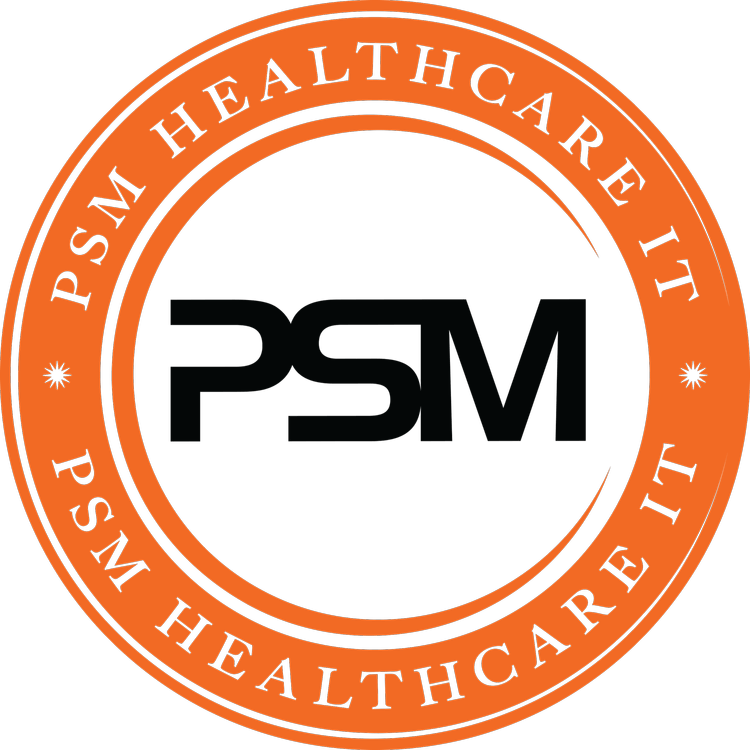HIPAA compliance is crucial for healthcare organizations. It protects patient information and ensures privacy. Following these regulations builds trust with patients and avoids hefty fines in medical practices, ensuring compliance with HIPAA rules and avoiding HIPAA violations. Many businesses struggle to meet these standards due to the complexity of the rules. Knowing the key components of HIPAA can simplify the process. This listicle will break down essential tips and best practices for achieving compliance. You’ll discover practical steps to safeguard sensitive data, train your staff, and implement effective policies. Each point will help you navigate the requirements with ease. Stay informed and proactive to keep your organization secure. Scroll down for insights that can make a difference in your compliance journey.
Key Takeaways
-

HIPAA Compliance: 5 Essential Practice Strategies Regularly conduct HIPAA training for all employees to ensure they understand privacy and security requirements.
-
Implement secure data encryption methods to protect sensitive patient information from unauthorized access.
-
Perform routine security audits to identify vulnerabilities and ensure compliance with HIPAA regulations.
-
Establish clear privacy policies that outline how patient information is handled and shared within your organization.
-
Ensure that all business associates have signed agreements that comply with HIPAA standards, protecting both parties’ responsibilities.
1. Conduct Regular HIPAA Training
Conducting regular HIPAA training is essential for ensuring compliance with the HIPAA regulations. Ongoing training sessions keep staff updated on the latest HIPAA privacy rules and requirements. This proactive approach helps prevent HIPAA violations and fosters a culture of compliance.
Training should incorporate real-life scenarios and case studies. These examples enhance understanding of how to handle protected health information (PHI) effectively. Employees learn the importance of safeguarding sensitive data, which is crucial in avoiding HIPAA violation penalties.
Assessing employee knowledge post-training is vital. Quizzes or assessments can gauge comprehension and retention of the material covered. This ensures that staff members are not just attendees but also active participants in maintaining compliance.
Consider the statistics: organizations that conduct regular training see a significant decrease in HIPAA complaints. A report from the U.S. Department of Health and Human Services indicates that many breaches stem from employee negligence. Regular training mitigates this risk by reinforcing best practices.
Utilizing HIPAA software testing tools can also support training efforts. These tools help simulate real-world scenarios, allowing employees to practice their responses to potential breaches or violations.
In summary, ongoing HIPAA training, combined with real-life examples and assessments, strengthens compliance efforts and protects patient information effectively.
2. Implement Secure Data Encryption
Data encryption plays a critical role in HIPAA compliance. Encrypting all electronic Protected Health Information (ePHI) protects against unauthorized access and data breaches. This process converts sensitive information into a coded format, making it unreadable without the correct decryption key.
Using strong encryption standards is essential. For instance, Advanced Encryption Standard (AES) with a 256-bit key is widely recognized as a secure option. Regularly updating encryption protocols ensures that organizations stay ahead of potential threats. Cybersecurity experts recommend reviewing and enhancing encryption methods at least once a year.
Training staff on the importance of data encryption is crucial. Employees should understand how to implement encryption in their daily operations. This includes recognizing when to encrypt data and understanding the consequences of failing to do so. Regular training sessions can reinforce these practices and keep security top of mind.
Consider the statistics: according to the U.S. Department of Health and Human Services, nearly 50% of healthcare data breaches involve unauthorized access or disclosure. By implementing secure data encryption, organizations can significantly reduce their risk of falling victim to such incidents.
In summary, effective data encryption not only secures ePHI but also demonstrates a commitment to protecting patient information under HIPAA regulations. Organizations must prioritize strong encryption practices to safeguard sensitive data effectively.
3. Perform Routine Security Audits
Routine security audits play a crucial role in maintaining HIPAA compliance. These audits help identify vulnerabilities in systems and processes that handle sensitive patient information.
Conducting regular audits involves assessing both technical and administrative safeguards. This includes examining software, procedures, and processes to ensure they meet compliance standards. Auditors should focus on risk assessments to pinpoint areas of weakness that could lead to potential breaches.
Documenting findings is essential. Create a detailed report of the audit results, highlighting any non-compliance issues. This documentation serves as a basis for developing action plans to address identified weaknesses. Implementing adequate measures to rectify these issues is vital for safeguarding patient data.
Involving third-party experts can enhance the evaluation process. These auditors bring specialized knowledge and an objective perspective, ensuring a comprehensive assessment of security measures. They can provide insights into industry best practices and help organizations align with HIPAA requirements effectively.
Regular audits not only help maintain compliance but also build trust with patients. By demonstrating a commitment to protecting sensitive information, healthcare providers can foster stronger relationships with their clients.
Following these steps ensures that your organization remains vigilant against risks and continues to uphold the highest standards of security compliance.
4. Establish Clear Privacy Policies
Organizations must develop and communicate clear privacy policies that outline how patient information is collected, used, and protected. These policies should align with the HIPAA privacy rule, ensuring compliance with the law.
Each policy needs to specify how patient confidentiality is maintained. This includes detailing strategies for securing records and documents. For instance, organizations can implement access controls to limit who can view sensitive patient information.
All staff members must understand these policies thoroughly. Training sessions can help ensure that everyone knows their roles in maintaining confidentiality. Regular workshops and refreshers on privacy rules keep staff informed about their responsibilities regarding patient information.
Regularly reviewing and updating privacy policies is crucial. Changes in regulations or organizational practices may require modifications to existing policies. Organizations should conduct annual audits to assess compliance and identify areas for improvement.
Statistics show that organizations with clear privacy policies experience fewer data breaches. According to a study by the Ponemon Institute, companies that prioritize privacy training reduce incidents of unauthorized access by up to 40%.
Maintaining robust documentation also supports compliance efforts. Keeping accurate records of policy changes and staff training demonstrates an organization’s commitment to protecting patient information.
5. Ensure Business Associate Agreements
Business Associate Agreements (BAAs) are essential for any organization that deals with patient information. These agreements outline the responsibilities of business associates, ensuring they comply with HIPAA standards.
A BAA must clearly define how business associates handle sensitive data. It should specify the expectations for safeguarding patient information and the procedures for reporting breaches. This clarity helps prevent misunderstandings about roles and responsibilities.
Entities that qualify as business associates include third-party service providers like cloud storage companies, billing services, or IT support teams. Each of these partners must sign a BAA before handling any health-related data.
Regular monitoring is crucial. Organizations must conduct periodic reviews to ensure that all business associates adhere to HIPAA compliance. This can involve audits or assessments of their practices and policies related to data protection.
Consider a healthcare provider that partners with a billing company. If the billing company mishandles patient data, it could lead to severe penalties for both parties. Therefore, having a robust BAA in place protects not only the patients but also the covered entities involved.
In summary, executing BAAs and closely monitoring compliance is vital for maintaining HIPAA standards. By prioritizing these agreements, organizations can significantly enhance their ability to protect patient information and avoid potential legal issues.
Closing Thoughts
Staying HIPAA compliant is crucial for your organization. Regular training, secure data encryption, routine audits, clear privacy policies, and solid business agreements are essential steps. These practices not only protect patient information but also build trust with your clients. You show that you prioritize their privacy and security.
Take action today. Review your current practices and implement these strategies to enhance your compliance efforts. The benefits are significant: reduced risk of breaches, improved reputation, and peace of mind. Don’t wait; ensure you’re doing everything possible to safeguard sensitive health information. Your commitment to HIPAA compliance will pay off in the long run.
Frequently Asked Questions
What is HIPAA compliance?
HIPAA compliance ensures that healthcare organizations protect sensitive patient information. It establishes standards for safeguarding electronic health records and requires adherence to privacy and security regulations.
Why is regular HIPAA training important?
Regular HIPAA training keeps staff informed about compliance requirements. It reduces the risk of data breaches and enhances overall patient trust in your organization.
How can secure data encryption help with HIPAA compliance?
Secure data encryption protects patient information during transmission and storage. It makes unauthorized access significantly harder, thus supporting compliance with HIPAA’s security rules.
What are routine security audits?
Routine security audits assess your organization’s adherence to HIPAA regulations. They identify vulnerabilities, ensuring that necessary measures are implemented to protect sensitive data.
What should be included in clear privacy policies?
Clear privacy policies should outline how patient data is collected, used, and shared. They must also inform patients of their rights regarding their personal health information.
Why are Business Associate Agreements (BAAs) necessary?
BAAs ensure that third-party vendors comply with HIPAA regulations when handling protected health information. They establish accountability and protect patient data from potential breaches.
How often should I conduct HIPAA training sessions?
It’s recommended to conduct HIPAA training sessions annually or whenever there are significant regulatory updates. Frequent training helps maintain awareness and compliance among staff members.





